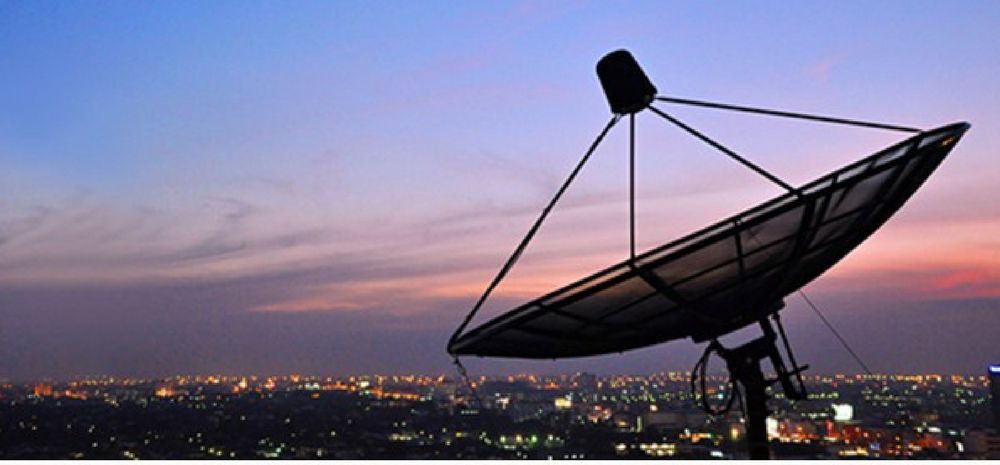COAI Says TRAI’s Recommendation For Public WiFi Is a National Security Threat!
TRAI had suggested a model wherein private players are allowed to establish WiFi hotspots, and then resale the data to consumers.

Cellular Operators Association of India, one of the most influential and powerful lobbies of telecom operators in India has strongly opposed Telecom Regulatory Authority or TRAI’s recommendations for public WiFi in India.
In fact, they have declared that this plan is a national security threat for the nation.
What exactly are the suggestions made by TRAI regarding WiFi, and why COAI is rejecting it?
COAI: TRAI Should Be Stopped!
In the month of February this year, TRAI released the first draft of National Telecom Policy – 2018, wherein they had pitched for a massive expansion of WiFi hotspots all across India.
In order to implement this, TRAI had suggested a model wherein private players are allowed to establish WiFi hotspots, and then resale the data to consumers.
As per TRAI, this would generate employment as well, besides expanding Internet coverage in the deep rural hinterland.
COAI, which is one of the strongest associations of telecom operators, has strongly opposed this suggestion made by TRAI.
In a letter to Govt., COAI has said that allowing private players to ‘distribute’ internet via WiFi violates several clauses of Indian Telegraph Act, 1885.
In a letter to telecom secretary Aruna Sundararajan, Rajan Mathews, director general of the Cellular Operators Association of India said,
“Trai’s recommendations, if implemented, will be in conflict with the existing licensing framework, and more importantly, establishing public Wi-Fi networks without a licence would be illegal and in violation of the Indian Telegraph Act, 1885,”
This opposition to the entry of non-licensed players in the WiFi distribution model makes sense as well, because telecom players pay thousands of crores in license fees to the Govt., to make sure that they have the required spectrum for voice and data.
The letter said,
“Allowing the same activity to be performed by an unlicensed entity would give it unfair advantage and lead to revenue losses for the financially stressed licensed operators,”
Public WiFi By Private Players Is a National Security Issue?
COAI has also alleged that allowing unlicensed companies to allow Internet distribution via WiFi will severely impact the national security issues of the country as well.
As we have seen in the case of fake news, Internet and information, both have immense power to influence minds of the people. In case shady players enter the scene and start distributing Internet, then they will have the power to select what information can be shown, and what cannot be shown.
And since they would be unlicensed, Govt; can do little to stop them.
COAI’s objection in this regard also makes sense.
COAI has said that if Govt. de-licenses V-band spectrum in 57-to-64 GHz range for public Wi-Fi services, then it will severely impact their financial position as well, as users will opt for these low-cost WiFi services, rather than a full-fledged telecom network.
The National Telecom Policy which TRAI had introduced this year aimed to generate 5 million new WiFi hotspots. Now, after the opposition by COAI, the ball lies in the court of Department of Telecom.
We will keep you updated, as we receive more inputs.
